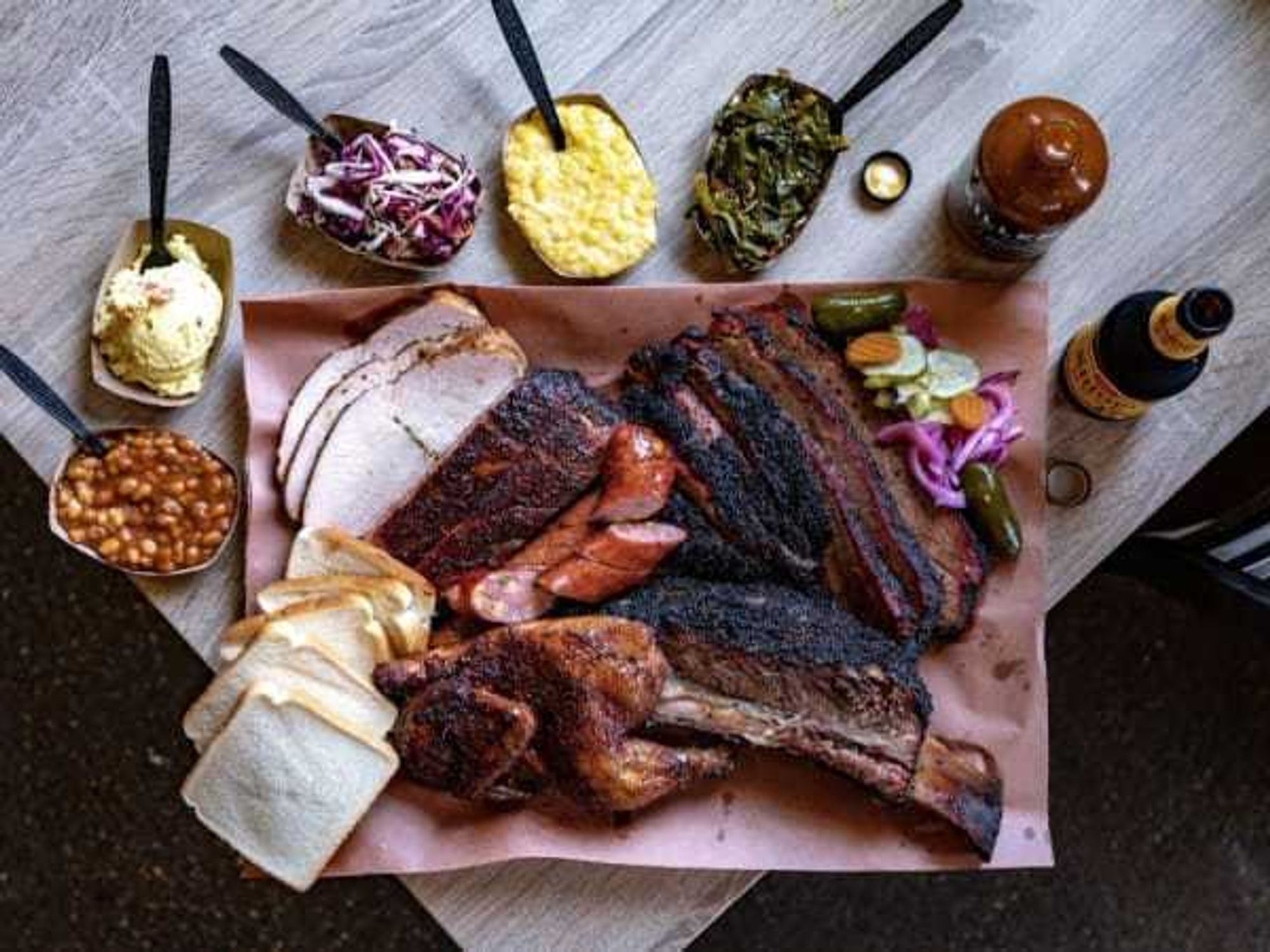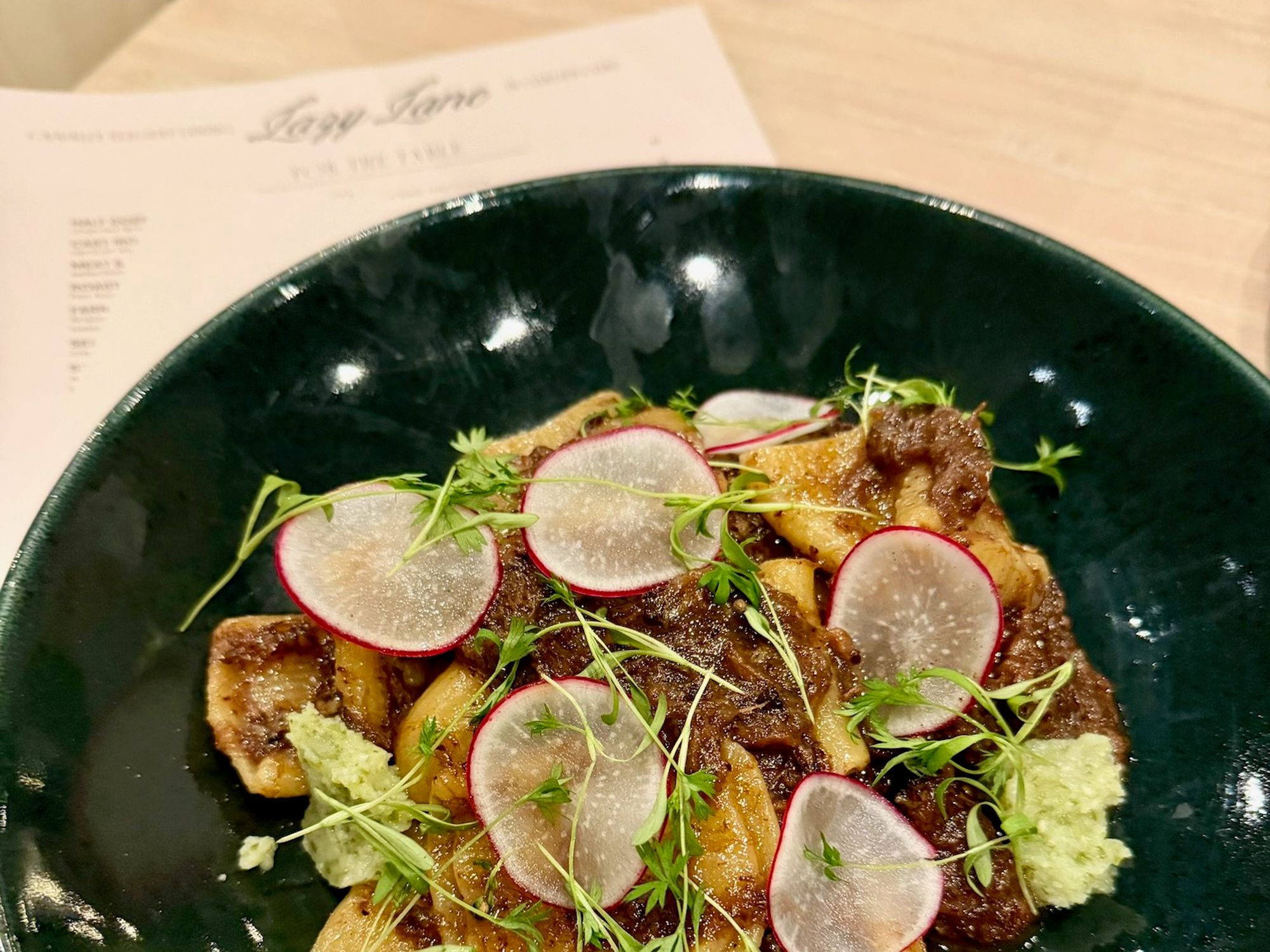Cold as Alaska
Cold weather blues: How to protect yourself, pets, plants and more from the hard freeze
Today and part of Tuesday, Houston will be, for the most part, as cold as Anchorage, Alaska. The National Weather Service predicts a hard freeze most likely to hit Tuesday morning. Thermometers here rarely drop below the 20-degree mark, the last time in 1996.
Houstonians are bundling up to brace the bone-chilling temps – but there’s more to do – and, thank goodness, time - to protect pets, water pipes and more. The city of Houston’s Office of Emergency Management extends these basic tips to residents to ensure everyone stays safe and warm.
And remember, it won't last too long. The low for Tuesday night is a predicted 45 degrees.
People
Do not use ovens and stoves to heat your home, as they pose a large risk of carbon monoxide poisoning. Place space heaters away from flammable materials. Never overload outlets or breakers.
Take precautions to prevent hypothermia, when core body temps drop below the required level for normal metabolism and body functions. Avoid outdoor activities, such as exercising and yard work.
If you suspect someone is suffering from hypothermia, get them to a secure location, remove wet clothing and give them warm, non-alcoholic beverages. Seek medical help as soon as possible, and call 911 if a person’s body temperature falls below 95 degrees.
When driving, remember that water on roadways can quickly become ice in freezing conditions, especially on overpasses and bridges.
Pets
Keep pets inside, and make those necessary outdoor visits as brief as possible. If your pet has short hair, consider purchasing an animal sweater. And never leave your animal in a car during winter's harsh conditions. Automobiles can act as refrigerators and easily result in hypothermia.
Plants
Cover plants with fabric to keep them insulated during a freeze.
Pipes and Sprinkler Systems
Wrap newspaper or clothes around outside faucets. Let them run at a slow drip to keep water moving, which keeps them from freezing. Turn off automatic sprinkler systems until temperatures warm again.

 Lazy Lane is already winning fans in Garden Oaks. Photo by
Lazy Lane is already winning fans in Garden Oaks. Photo by